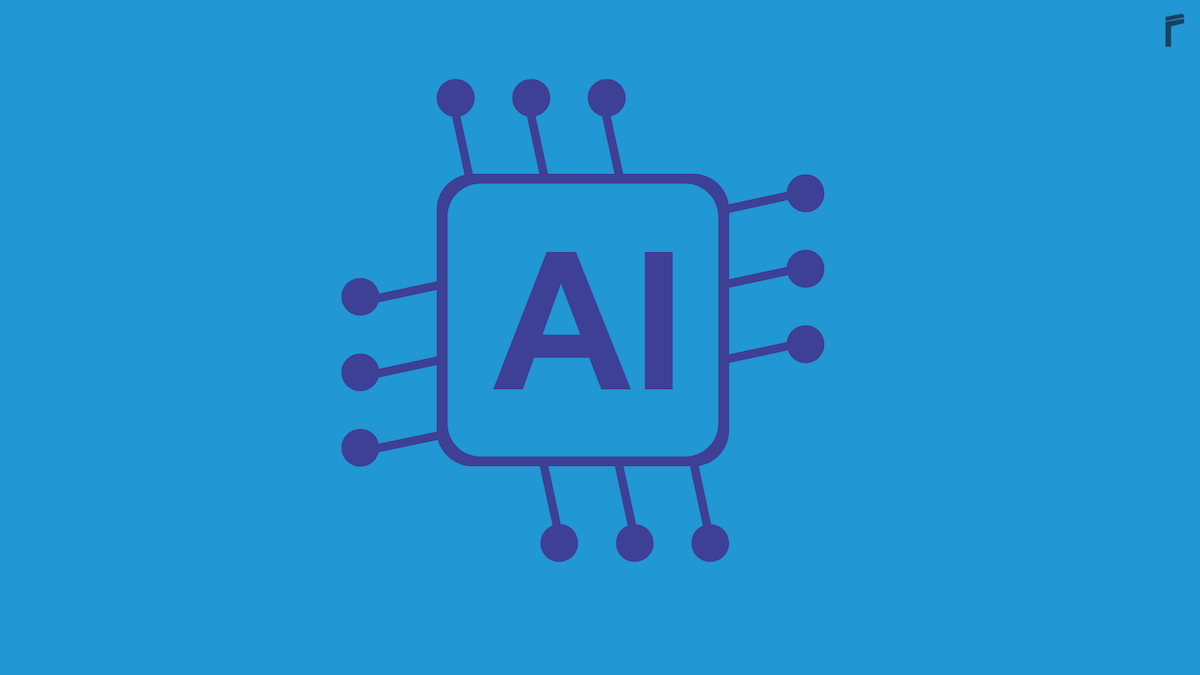AI – A Double-Edged Sword in the Age of Misinformation and Disinformation

The rapid expansion of artificial intelligence (AI) tools has ushered in a new era of innovation, transforming industries and reshaping global communication. However, while AI holds enormous potential, it also presents a formidable challenge—its role in the proliferation of misinformation and disinformation.
The Far-Reaching Impact of False Information
Misinformation (false or misleading information shared without harmful intent) and disinformation (deliberate deception for manipulation) have far-reaching consequences across political, social, and economic spheres. These issues are not new; historical records show how fabricated narratives have been weaponized throughout time.
During World War II, false intelligence deliberately disseminated by individuals influenced espionage activities and military operations. A Polish citizen, Mieczyslaw Stachowiak, notoriously spread deceptive information that misled foreign diplomatic missions.
Fast-forward to the South Africa Xenophobia Crisis (2019)—misleading online reports sparked retaliatory protests in Nigeria, the Democratic Republic of Congo, and Zambia. Fact-checkers later exposed that many viral images and videos had been either fabricated or outdated, exacerbating tensions.
Similarly, during the COVID-19 pandemic, studies revealed that false claims spread across social media at alarming rates—often outpacing factual information. These deceptive narratives influenced public health responses, fueled vaccine hesitancy, and contributed to widespread confusion.
Political and Social Ramifications
In the political sphere, misinformation and disinformation threaten democracy by manipulating public perception, influencing elections, and eroding trust in institutions. False narratives deepen ideological rifts, reinforcing biases and disenfranchising communities. Some governments and organizations even exploit misinformation as a geopolitical tool—destabilizing rival nations or swaying electoral outcomes.
Beyond politics, misinformation is unraveling the very fabric of society. It fuels misunderstanding of critical issues, such as climate change, health, and human rights. Worse still, the dominance of misinformation fosters distrust in traditional media, experts, and institutions, making it increasingly difficult for the public to discern fact from fiction.
The stakes are high—false narratives have triggered social unrest in multiple regions, inciting violence, protests, and discrimination. From manipulated content to AI-generated misinformation campaigns, deceptive tactics are being deployed at unprecedented speed and scale.
Economic Consequences of AI-Driven Disinformation
The economic ramifications of misinformation and disinformation are staggering. According to the World Economic Forum’s Global Risks Report, these false narratives can disrupt financial markets, mislead consumers, and cause reputational damage to businesses:
- Market Instability: False financial news can manipulate stock markets, creating volatility and investor uncertainty.
- Consumer Deception: Misleading claims about products, services, or policies shape purchasing behavior and business strategies.
- Trust Erosion: Organizations suffer credibility losses when misinformation spreads, reducing consumer confidence and investment.
- Cybersecurity Threats: AI-driven fraud, scams, and economic disruptions expose industries to significant financial risks.
Today, public figures, brands, and policymakers struggle with the increasing sophistication of AI-powered misinformation. Automated bots, deepfake technology, and digital influencers are actively being leveraged to distort reality, influence perception, and undermine reputations.
AI as a Tool for Combating Misinformation
As AI continues to evolve, efforts to combat misinformation must keep pace. Implementing robust AI-driven detection and moderation strategies can significantly mitigate risks:
- Fact-Checking & Detection: AI-powered tools analyze digital content, identifying false claims and flagging misleading narratives.
- Content Moderation: Social media platforms use AI to filter and remove harmful misinformation before it spreads widely.
- Digital Literacy & Awareness: AI-enabled education initiatives empower users with critical thinking skills to recognize and avoid misinformation.
Striking a Balance
Artificial intelligence presents both promise and peril, making it one of the most paradoxical innovations of our time. While AI has the capacity to spread deception at scale, it also holds tremendous potential to defend against it. By harnessing AI responsibly, fostering global awareness, and strengthening digital literacy, societies can navigate the evolving landscape of information integrity—and safeguard the future of truth.
Follow us on WhatsApp, Telegram, Twitter, and Facebook, or subscribe to our weekly newsletter to ensure you don’t miss out on any future updates. Send tips to editorial@techtrendsmedia.co.ke




